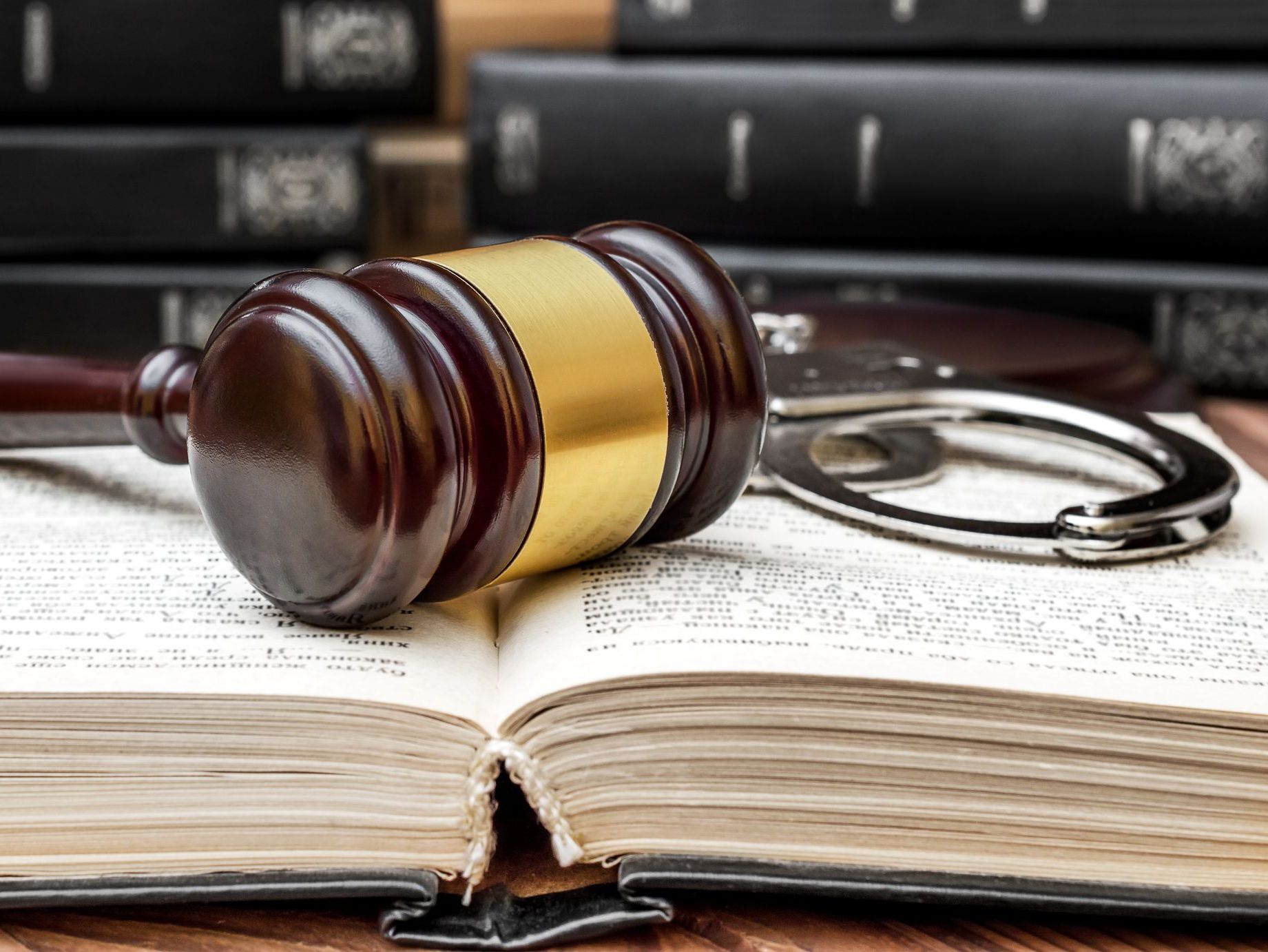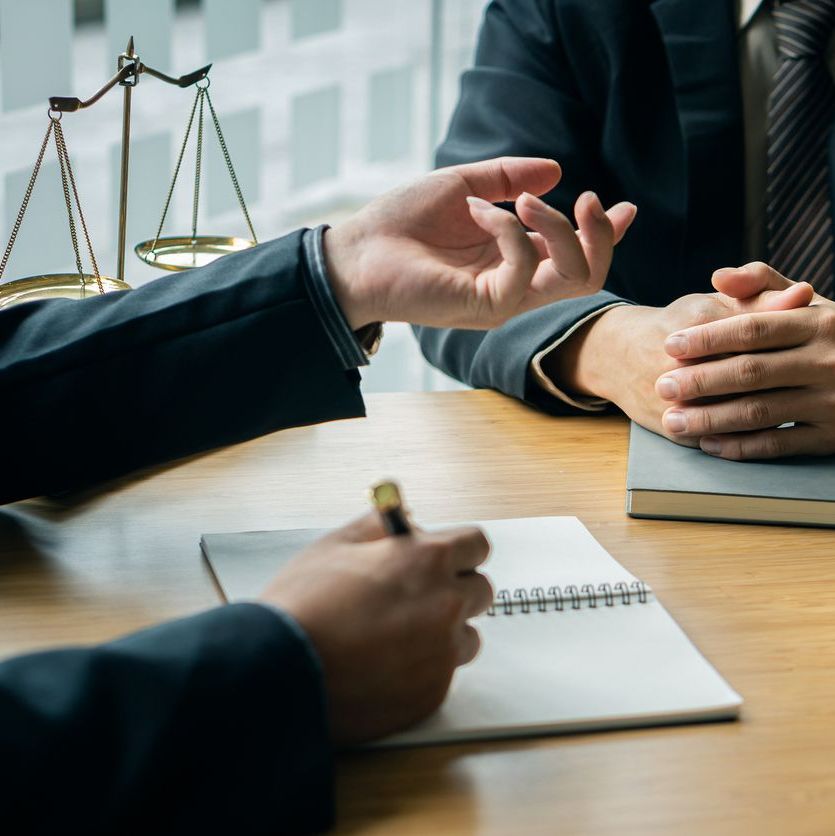
20+ Years of Experience
Chicago Post-Conviction Relief Attorney
Have you been convicted of a crime, but believe that your Constitutional rights were violated during your criminal trial? Contact the Kostopoulos Law Group to learn about seeking post-conviction relief in Illinois.
A successful post-conviction relief petition can allow you to get a new trial, modify your criminal sentence, or even secure a pardon. However, you will only be granted post-conviction relief if you can prove that your Constitutional rights have been violated in some way.
The best way to do this is by hiring an experienced criminal defense lawyer to handle your petition. Call the Kostopoulos Law Group today to schedule a free consultation and learn more.

20+ Years of Experience

Experienced Former Prosecutor

Top Rated in Criminal Defense
What is Post-Conviction Relief?
Post-conviction relief is essentially another way to appeal your criminal conviction in Illinois. Post-conviction relief is a civil remedy that can be pursued in addition to any direct appeals you make. Your petition for post-conviction relief will be based on the argument that your Constitutional rights were violated during your criminal trial.
If your petition is granted, you will have the opportunity to argue your case before an impartial judge. This judge will determine if you have provided sufficient information to prove that your rights have been violated. If the judge decides that you have a valid argument, they can authorize collateral remedies to fix the error.
This does not mean that your conviction will automatically be rescinded or terminated. Instead, you may be able to secure a new trial, modify your sentence, or achieve relief through other means.

Post-Conviction Relief vs. Direct Appeals
How is post-conviction relief different from a direct appeal? One striking difference between post-conviction relief and a direct appeal is that one is a civil process and the other is a criminal process.
Post-conviction relief reviews situations where a defendant’s Constitutional rights were violated during a criminal trial. In many cases, petitions for post-conviction relief are based on violations that are not necessarily visible in the trial record. For example, if your attorney persuaded you to plead guilty to a crime, but neglected to explain the immigration consequences of doing so, the trial record would not reflect this issue. However, you could make a case that your attorney did not do provide you with adequate legal advice, which is a violation of your rights.
On the other hand, direct appeals are based on arguments that there is a specific error that is reflected in the trial record. This is not to say, however, that you cannot pursue both post-conviction relief and a direct appeal for a violation of your Constitutional rights.
Grounds for Seeking Post-Conviction Relief
When can you file a petition for post-conviction relief? What types of violations constitute permissible grounds for seeking relief? Examples of situations that would warrant a petition for post-conviction relief include:
- You were convicted under an Illinois state law that is in violation of the Constitution;
- The court lacked proper jurisdiction in your case;
- The law of which you were convicted has recently been changed, and the change should be applied to you retroactively;
- The sentence imposed in your case exceeds the maximum allowable penalty for the crime of which you were convicted;
- Your attorney provided inadequate legal assistance and advice, which resulted in your conviction; or
- The prosecution suppressed evidence that would have been favorable to you (Brady violation).

Statute of Limitations for Requesting Post-Conviction Relief
When you are convicted of a crime in Illinois you have a limited amount of time to appeal your conviction and seek post-conviction relief. However, there are different time constraints for filing direct appeals and petitions for post-conviction relief. In Illinois, direct appeals must be made within 30 days of your conviction.
The time limits imposed for requesting post-conviction relief, however, will depend on whether you request a direct appeal or file a petition for leave to appeal. If you do not file any other appeals you will have three years from the date of your conviction to seek post-conviction relief. If you do file an appeal, there are extremely rigid time limits for filing a petition for post-conviction relief. Since these time limits depend on each specific case, is important to speak with an experienced Chicago criminal defense attorney immediately to make sure that all petitions for post-conviction relief are filed in a timely fashion. Failure to file a petition on time could prevent you from securing the remedies you deserve.
Process for Seeking Post-Conviction Relief in Illinois
There are very rigid procedural rules in place for seeking post-conviction relief. If you do not follow these statutory guidelines you may be denied relief. It is important to understand what the process includes and what you should expect when you file a petition for post-conviction relief. In Illinois, there are three primary phases in the process of seeking post-conviction relief.
Phase One: Filing a Timely Claim
The first phase begins when you file a timely claim for post-conviction relief. This claim can only be filed when you are imprisoned. However, the term “imprisoned” has been broadly construed to include jail, prison, probation, and parole. As long as you are still serving out some of your sentence you will be considered imprisoned. This claim must include the specific reason(s) for your claim and request. A judge will review your petition for merit and determine if the request merits additional review. This review will occur without any input from the state. Any petitions that are frivolous or without substance will be denied. If a petition is denied, the process comes to an end and you will not be granted post-conviction relief. If the judge determines that there is merit to the claim, the process will continue to phase two.
Phase Two: Substantive Review of the Claim
When a petition moves onto the second phase the state of Illinois will have an opportunity to respond to the claim or file a motion to dismiss. The judge reviewing the petition at this phase will determine if there is a “substantial showing of a constitutional violation.” If there is no substantial showing the petition will be dismissed. If there is a substantial showing the judge will schedule a formal evidentiary hearing.
Phase Three: Evidentiary Hearing
This evidentiary hearing is basically the trial component of the petition for post-conviction relief. During this hearing, both the state and the defendant will have an opportunity to present their case. The judge will act as the finder of fact and weigh all of the evidence that is presented. If the judge determines that a Constitutional violation has resulted in an adverse decision, you may be granted a form of post-conviction relief.
Post-Conviction Relief Remedies
What kind of relief can you be granted if your request for post-conviction relief is successful? It will depend on the specific violation(s) that you have been able to prove and how those violations have negatively affected you. The remedies that are ordered will be customized for each specific case to correct the situation. Possible remedies could include:
- A court order requiring a new trial;
- Modifications to your criminal sentence;
- Release from custody; and
- Restitution for court costs and attorney’s fees.

Contact an Experienced Chicago Criminal Defense Attorney
If you have been convicted of a crime and believe that your Constitutional rights have been violated you may be entitled to seek post-conviction relief. It is important to act quickly, so do not hesitate to contact Chicago criminal defense attorney Gus Kostopoulos to learn more. During your free consultation, our legal team will review your case, determine the best strategy for your petition, and explain your legal rights.
Awards and Associations







Get Free Consultation
Top-client-rated criminal defense law firm in Dupage County. Don’t settle for less when your liberty, family, and life are on the line.
Call Dupage County and Cook County criminal defense attorney Gus Kostopoulos today to discuss your case.




